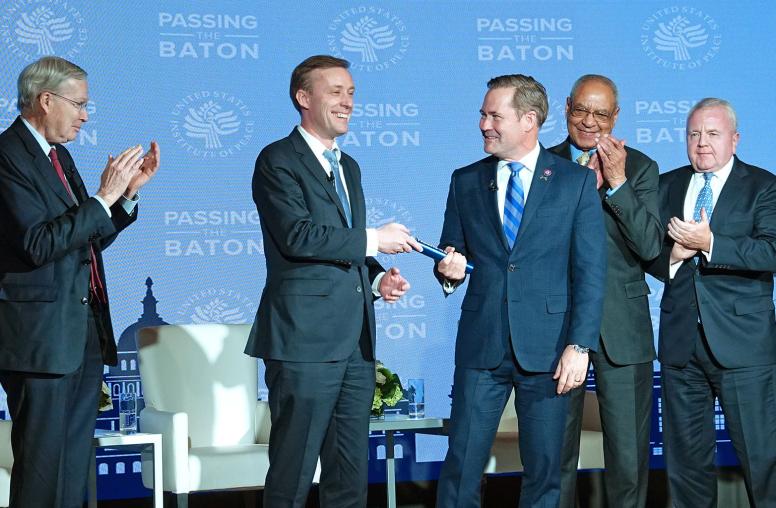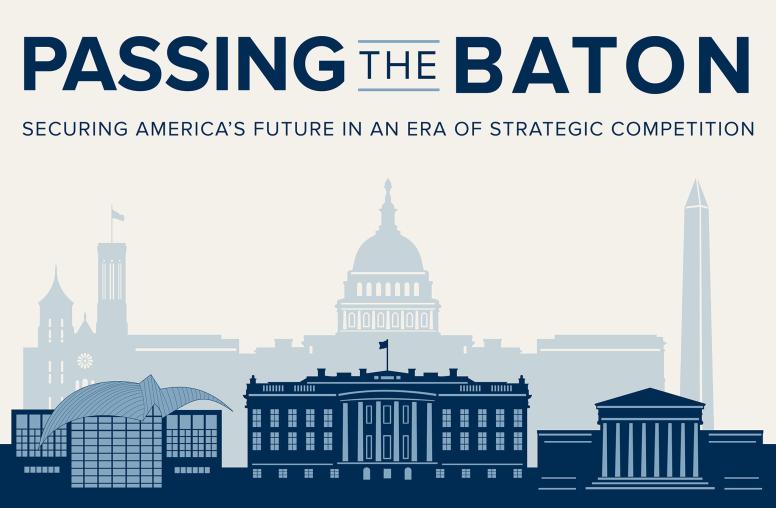USIP Releases Latest Text in Seminal Series on Conflict Resolution
Contact:
| Kay Hechler +1-202-429-3816 khechler@usip.org |
The United States Institute of Peace releases the latest volume in its ongoing series on contemporary conflict. Leashing the Dogs of War: Conflict Management in a Divided World, edited by Chester A. Crocker, Fen Osler Hampson and Pamela Aall, is a follow up to their landmark 2001 work Turbulent Peace, which has become a leading classroom text in the study of conflict resolution. Recognizing the significance of changes in the international relations climate, the editors developed this volume to present new perspectives on how best to prevent, manage, or resolve conflicts. Together with forty of the most influential and innovative analysts of international affairs, they provide the latest thinking, practice and research in the field of international relations and conflict resolution.
Leashing the Dogs of War assesses the nature and extent of the changes wrought by 9/11 and its aftermath, and explores their wide-ranging implications. This volume begins with the question of whether it is possible to fight war and manage conflict at the same time. Looking at the combination of old and new threats, are traditional instruments of negotiation, mediation, peacekeeping and peace enforcement still effective in managing and resolving conflict? How do conflict management efforts and the campaign against terrorism interact in various security environments?
A key consideration in the book is whether powerful states and international organizations can simultaneously conduct a war on terrorism and conflict management policies in zones of conflict. The war on terrorism and the consequences of U.S.-led interventions in Iraq and Afghanistan have changed the global playing field in a serious way. The 1990s dilemmas of humanitarian intervention and peacemaking are now joined by increasingly salient questions about how to effectively pursue nation building and democratization processes in states that are internally divided, capacity deficient, and conflict ridden. U.S.- led interventions to topple unfriendly regimes have also underscored the finite uses of military power and the importance of identifying other instruments to restore political order.
Addressing all of these questions and more in this volume, the editors offer optimism to all and conclude that peacemaking and conflict management are central for creating a less divided, less conflicted world—no matter the complexities and, at times, high odds against success. The book provides ample evidence that the international community—both its leading official actors and its nonofficial components—can check hostile adversaries of the international order and make peace at the same time.




